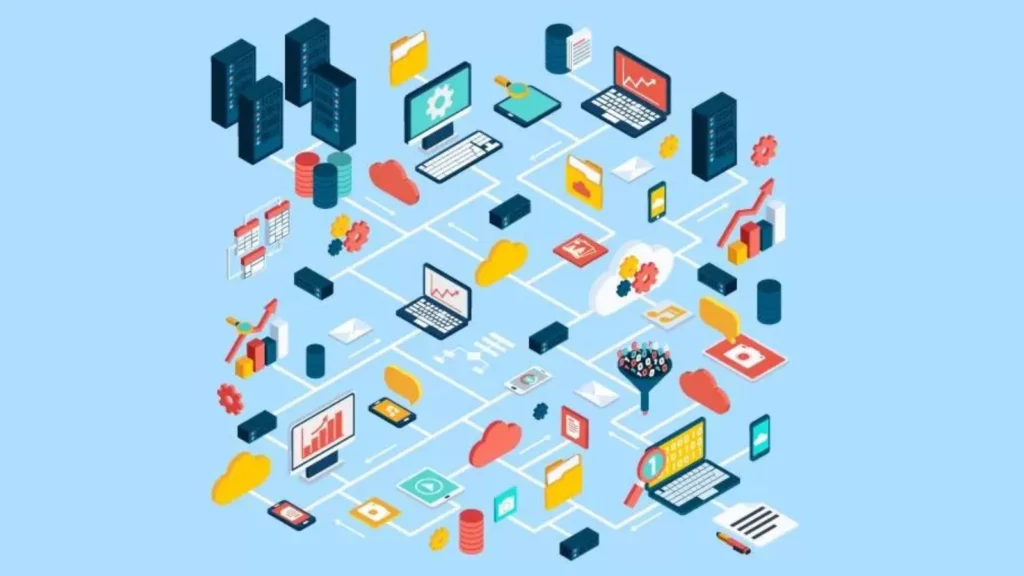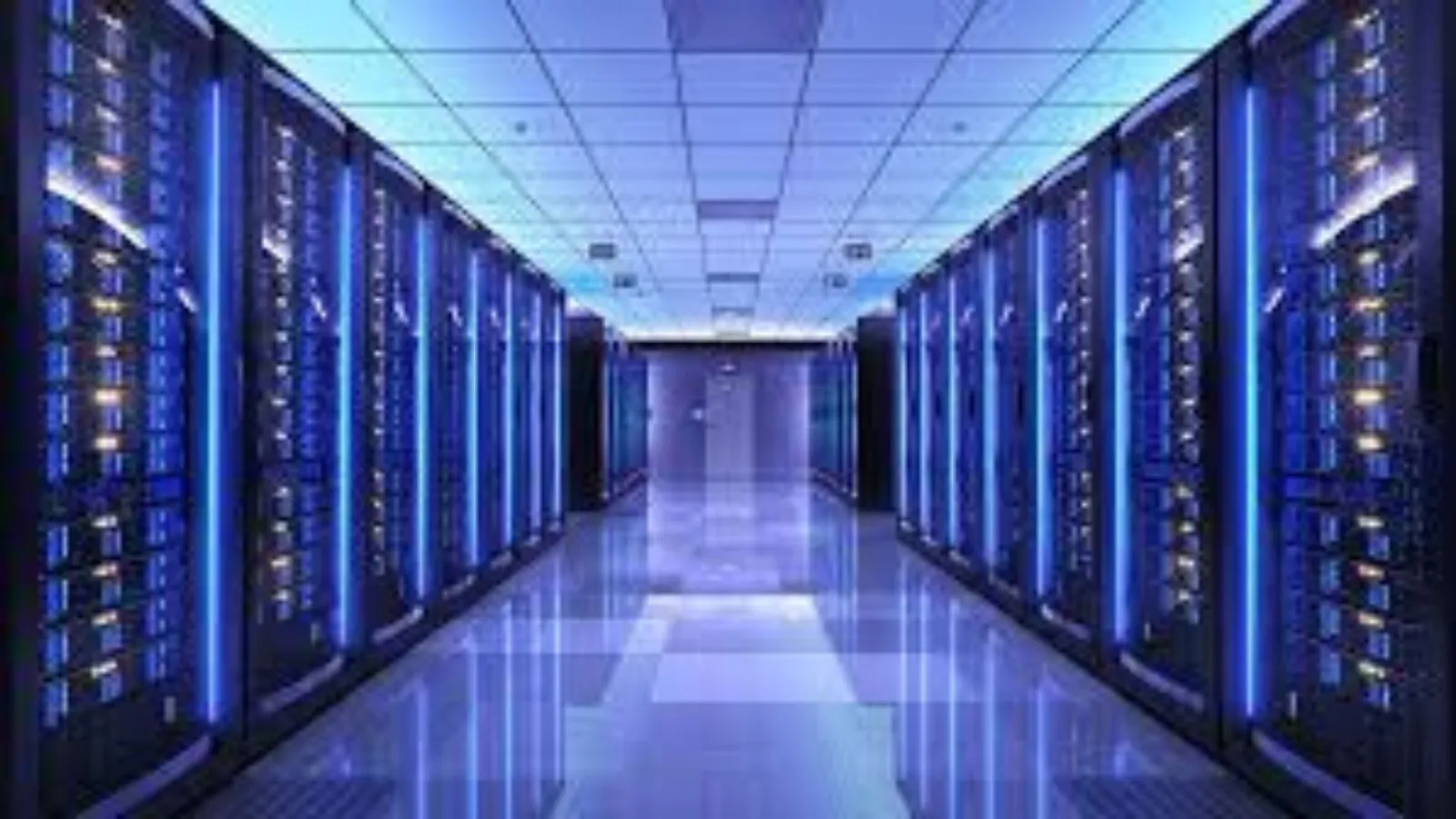Enterprise computing is the process of using a computer to manage an organization’s information and data. It is usually done through a network of computers and servers.
There are many benefits to enterprise computing, such as the ability to share data with employees who may be in different locations, more efficient use of resources, and the ability to use software that is designed for large organizations.
Table of Contents
- What are the Benefits of Enterprise Computing
- What are the Challenges of Enterprise Computing
- How to Choose an Enterprise System that Fits Your Needs & Budget
What are the Benefits of Enterprise Computing

Enterprise computing has a lot of benefits that make it worth the investment. It is important to know what these benefits are, so you can decide if enterprise computing is right for your company.
The following are some of the benefits that come with enterprise computing:
- Better security
- Better data protection
- Better customer service
- Faster and more accurate data processing
- More reliable IT infrastructure
Most of these benefits are the result of enterprise computing improving how companies operate, and many other benefits besides. It is important to know that these are just some of the reasons why enterprise computing is beneficial.
Better security:
Many businesses that implement enterprise computing rely on it for better security. These enterprises are able to detect and prevent cyber attacks, which can be very damaging in the wrong hands. One way this is done is by monitoring communication that goes into their networks, so they can quickly detect when something suspicious has happened.
Better data protection:
Enterprises using enterprise computing are able to keep data secure and private. They are also able to assure that the data they process is accurate, so there is no confusion or errors in their work. Data protection benefits companies by providing them with a great customer experience as well as minimizing legal liability.
Better customer service:
For companies using enterprise computing, it allows them to provide a better customer service experience than if they were using off-the-shelf hardware from their partners.
Faster and more accurate data processing:
They are able to process data faster and with more accuracy than if they were using a traditional approach.
Traditional data processing is time-consuming and error-prone. It also requires a lot of human resources to do the work. The data processing is done in a more automated way with AI. This approach not only reduces the time taken but also reduces the errors that are made.
More reliable IT infrastructure:
Enterprises that use enterprise computing are able to rely on the software and support from their cloud provider. This provides them with a more reliable IT infrastructure. The cloud provider takes care of the hardware, software, and security for the company, which in turn saves time and money for the company.
Cloud providers have an advantage because they can provide enterprise computing at a lower cost than what it would cost for companies to do it themselves. This is because they are able to invest in economies of scale which enables them to get cheaper prices on hardware and software.
What are the Challenges of Enterprise Computing
The challenges of enterprise computing are many.
First, there is the challenge of managing data and making sure it is secure. There are many types of data that need to be managed, from customer data to employee data to financial records.
Secondly, there is the challenge of keeping up with new technologies that are constantly being developed and adopted by organizations across the world.
Thirdly, there is the challenge of hiring enough qualified IT professionals to keep up with the demands on enterprise computing in today’s fast-paced world.
How to Choose an Enterprise System that Fits Your Needs & Budget

The key to choosing the right enterprise system is to find a system that can provide you with all the features that you need. It should also be cost-effective and not require a lot of maintenance. Choosing an enterprise system is not an easy task but there are a few things that you can do in order to make the process easier. The first thing that you should do is identify what kind of business you are running and what your needs are. You should also think about your budget and how much time it will take for your company to adapt to the new system or software. You have to decide whether you want a system that will give your firm more visibility and manage risk while helping with recruitment or if your needs are simple. If your needs are simple, then it is probably not necessary for you to purchase a complex system that will cost you a lot of money and time.
The following are some of the factors that can help you choose which software would best suit your needs.
- What kind of business do you have?
- What does your company need from its enterprise system?
- How much do you want to spend on the software?
- How long will it take to install and configure the software?
- What are your IT priorities?
Hope I provided the right knowledge for you guys about enterprise computing, and if you have any sort of queries then feel free to ask in the comments.
Peace out!





